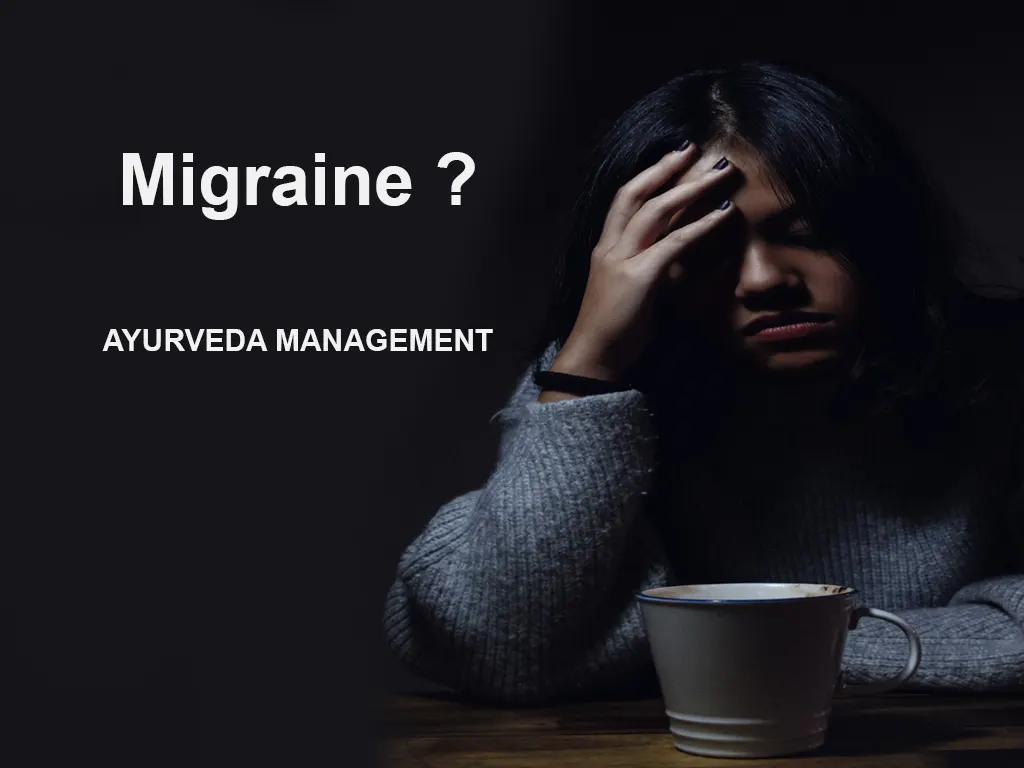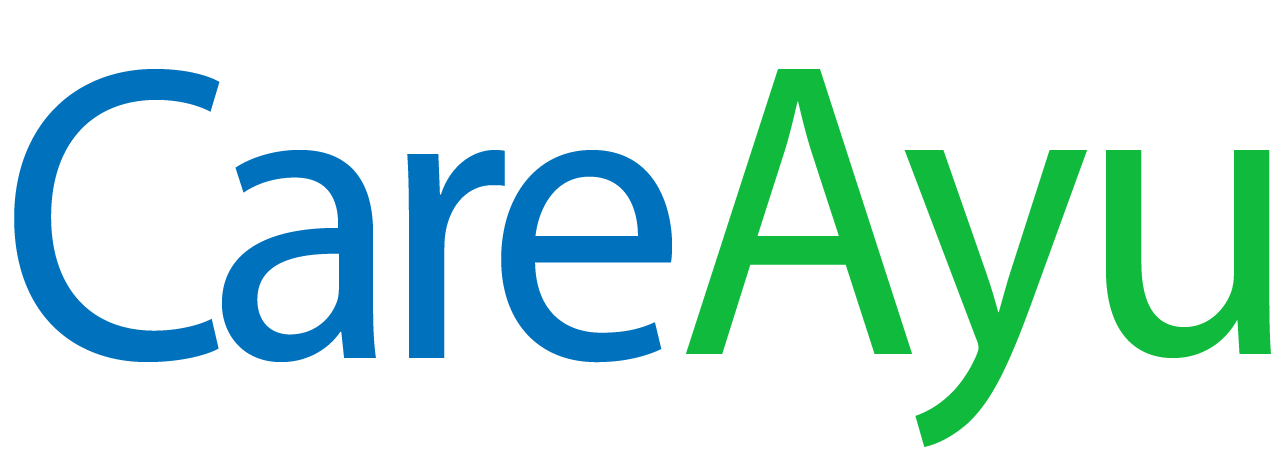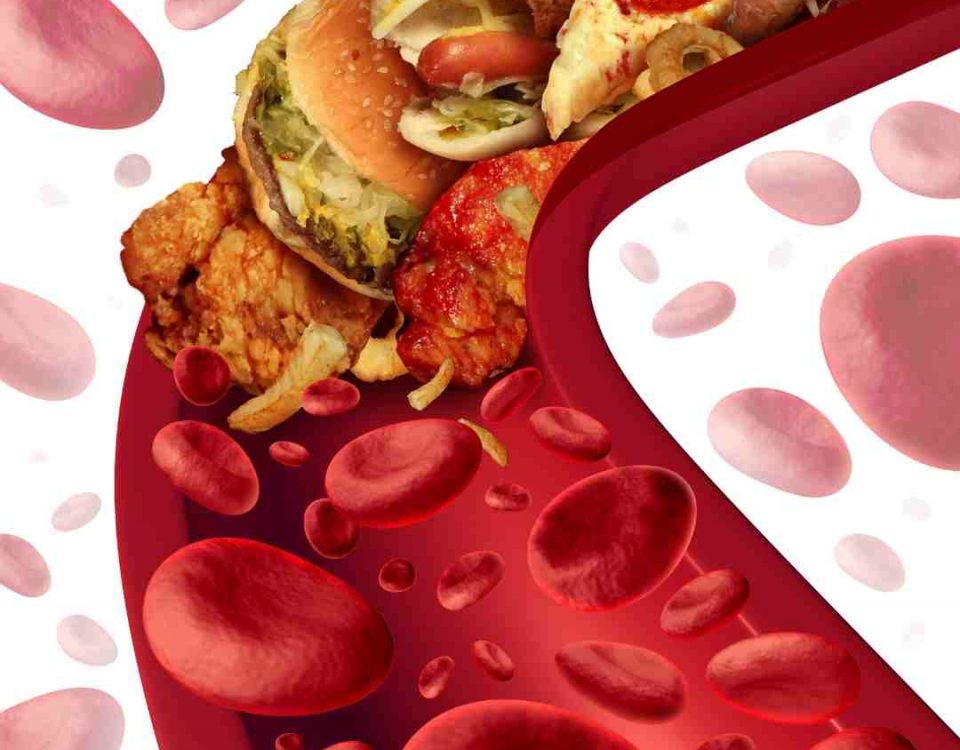- Connect Whatsapp
- +917012232608
- admin@careayu.com
Ayurvedic medicine for headache

Ayurvedic medicine for fever – An Overview
January 5, 2022
Ayurvedic medicine for UTI – An Overview
February 16, 2022Table of Contents
- Causes
- Ayurveda Management of Shirashoola/ Headache
- Ayurvedic medicine for headache
- Diet and lifestyle recommendations:
Headache has progressed from a frequent occurrence to a worldwide health problem with no solution. Ayurvedic medicine for headache is a common query from many people. A primary headache that persists on a daily or near-daily basis for months or years is known as Chronic Daily Headache (CDH), a newly established diagnostic category. In Ayurvedic classics, headache is listed as a primary symptom of Shiroroga. Headaches, scalp pains, behind the eyes, temple pains, and neck pains are also common, but they can be light, moderate, or severe, and the reason can be acute or chronic. The discomfort could be throbbing, squeezing, or pulsing, and it could be constant, unyielding, or intermittent. In Ayurveda, this is called Shirashoola.

Causes
Shirashoola is caused by a vitiated Vata dosha , when joined with other vitiated doshas, collects in the head region and causes pain. There are 11 different types of primary headaches (Shirashoola) identified in Ayurveda in which Vataja,Pittaja, Kaphaja are the most common types of Shiroroga.
Stress, indigestion, constipation, and high blood pressure are some of the underlying causes. Some of primary headache include migraines, cluster headaches, and tension headaches.
- Migraine is a throbbing or painful pain in one half or all over the head. Migraine is associated to Ardhavabhedaka in Ayurveda, and the main cause is Vata vitiated by Pitta Dosha.
- Tension Headache: One of the most frequent types of headaches is tension headache. Stress, insufficient sleep at night, a demanding task, travel, and emotional stress can all contribute to a tension headache.
- Cluster Headache: This form of headache that comes in clusters, that is, it occurs each day at a time for a few weeks to a month, then there is a symptom-free period of 3 to 4 months, and then the cycle repeats. In this scenario, the headache is one-sided. This form of headache affects only one side of the head, face, brow, and eye, and is also accompanied by redness, wetness, and jaw pain. Cluster headaches can be brought on by smoking, alcohol, a disrupted biological clock, and stress.
Ayurveda Management of Shirashoola/ Headache
Ayurvedic medicine for headache
Type of Panchakarma like Virechana, Basti, Nasya, and Shirodhara can be done if these doshas have collected in excess in the body.
- Virechana – purgation removes toxins from the body and is used to treat disorders of Pitta.
- Basti- Basti is another name for medicated enema. Mostly used to eliminate toxins from the body and reduce Vata Dosha.
- Nasya: Nasal administration of medicinal oil or ghee for disease healing.
- Shirodhara – Various liquids such as milk and oil are poured over the forehead in a rhythmic manner according to the dosha involved in Shirashoola (headache).
In Ayurveda, there are numerous medications for Shiroroga (head illnesses) that can be utilised depending on the person’s digestive ability (agni), Dosha Prakopa, (Prakruti), and other factors.
- Shirashooladi Vajra Ras is a type of Ayurvedic medicine that is used to alleviate stress, headaches, and migraines.
- Mahalaxmi Vilas Rasa relieves headaches produced by vitiated Vata Dosha, as well as provides immunity and vigour.
- Sitopladi churna relieves headaches caused by colds.
- Jatamansi churna is used to cure nervous headaches and stomach problems.
But all these medicines should be taken under medical supervision only. Blindly following any medicines may not provide you the benefit you desire.
Diet and lifestyle recommendations:
- To avoid and treat any type of headache, practise Yoga and conduct regular Anulom-vilom pranayama and Trataka.
- Stop consuming foods like horse gram, dried food, packaged & refrigerated products, cold drinks, ice cream, and other foods that aggravate vata dosha.
- Pickles, chilli products, sago, and other spicy and difficult-to-digest foods should be avoided.
- Avoid fermented foods, such as bread, Idli-dosa, and cake and fast foods.
- Avoid the cold east breeze, especially if you’re riding a bike.
- Avoid excessive amounts of alcohol, tobacco, and smoking, as well as late-night gatherings and studying.
- Avoid both physical and emotional stress.
- Avoid sleeping during the day if at all possible.

